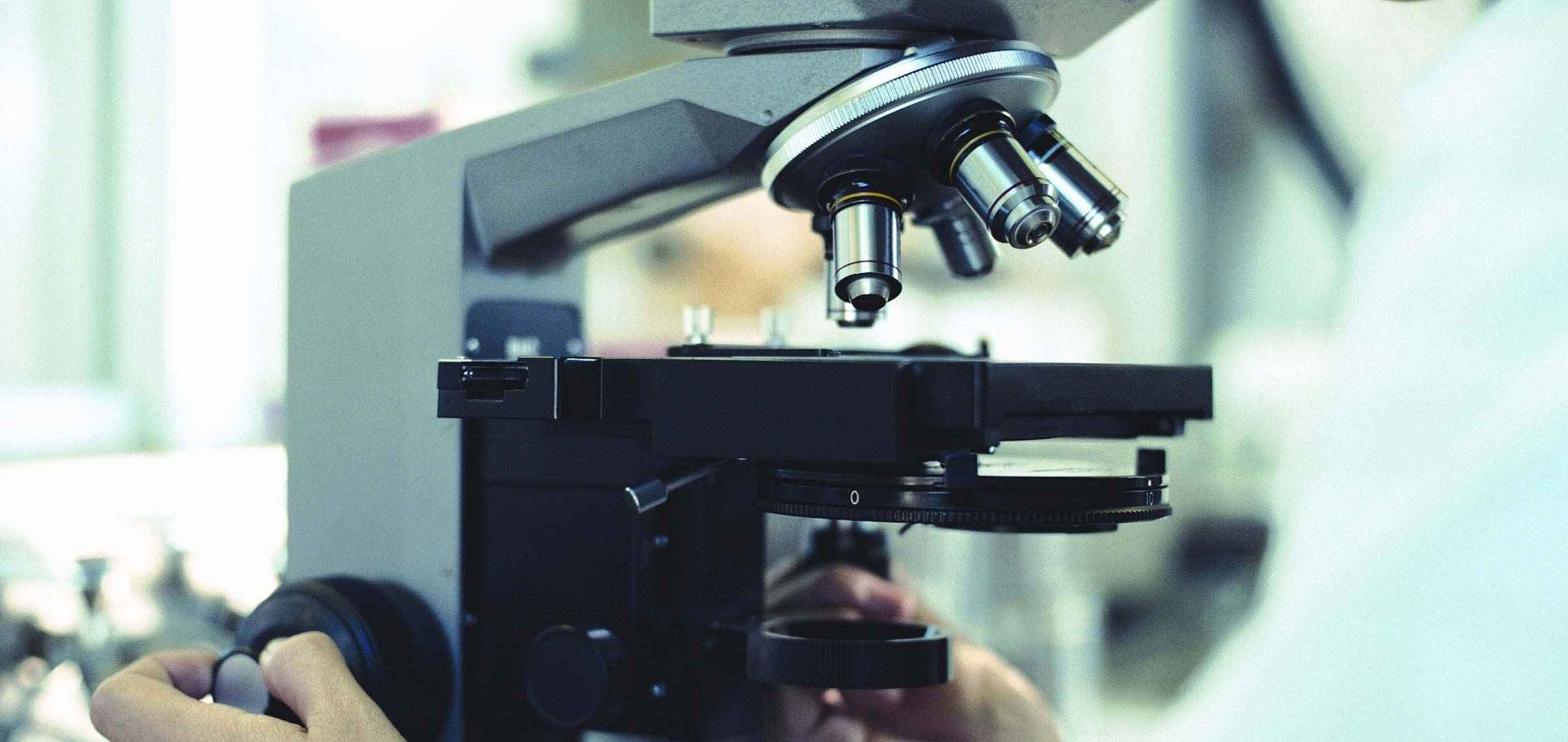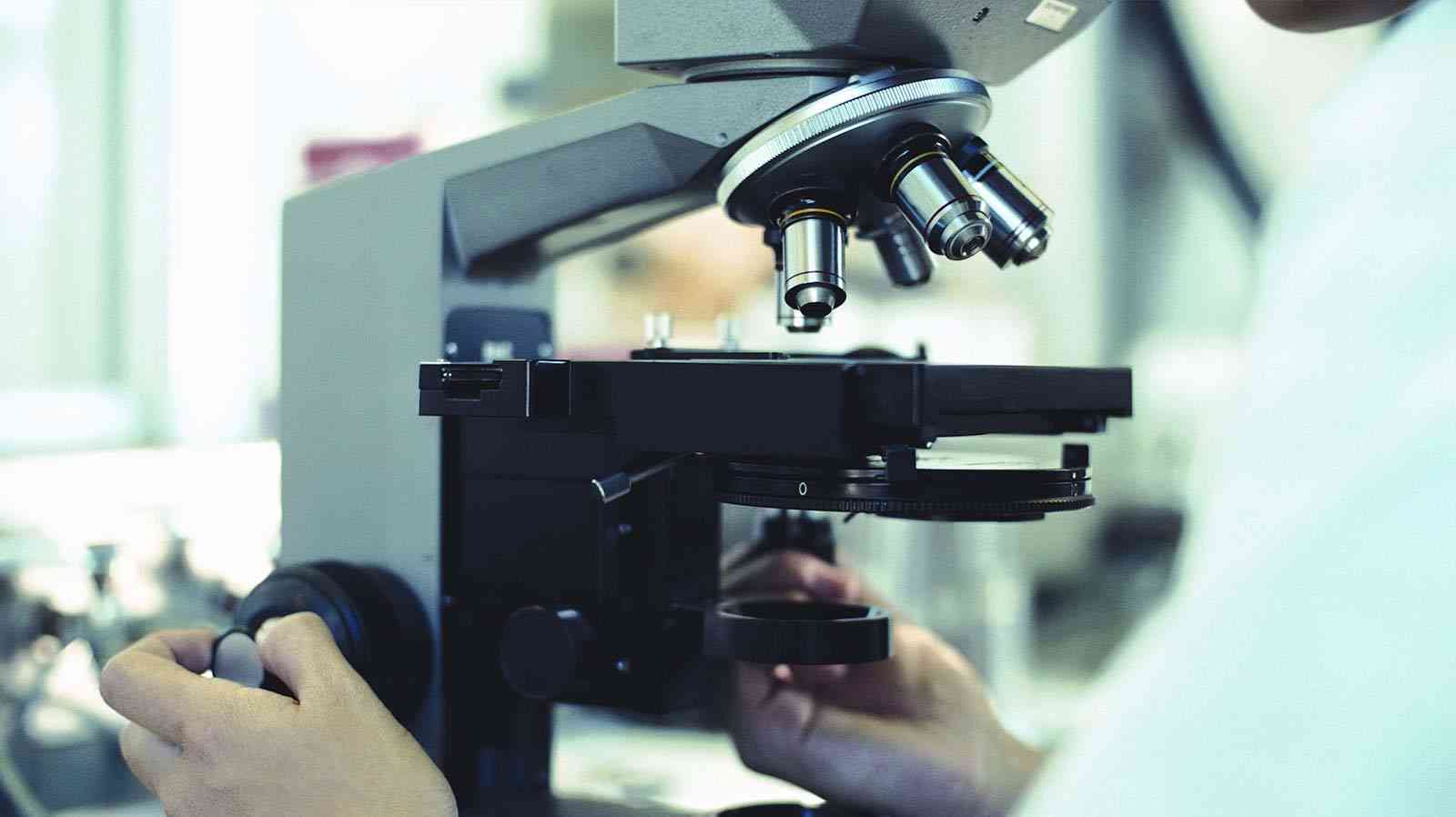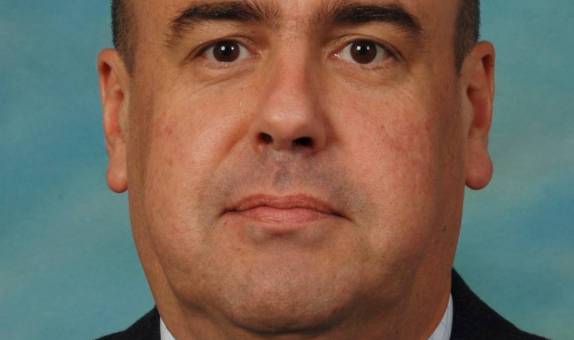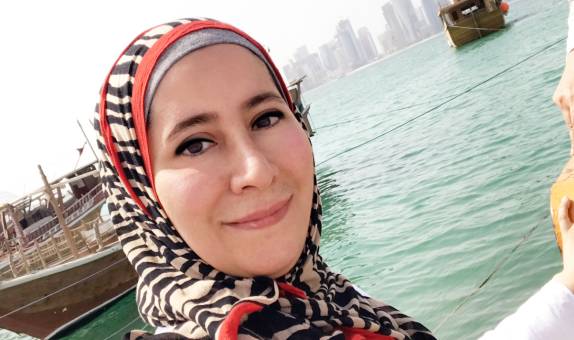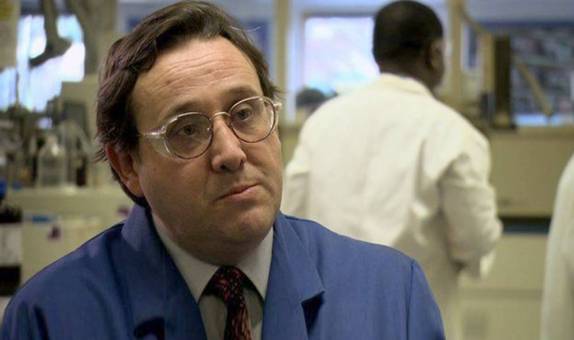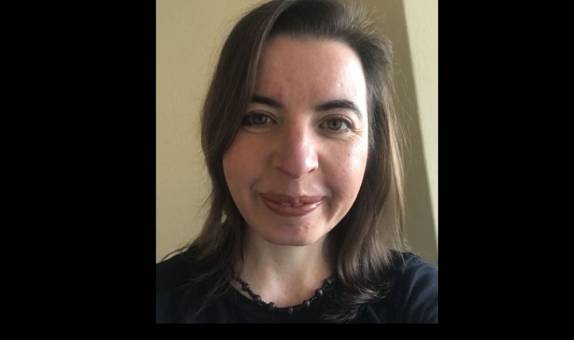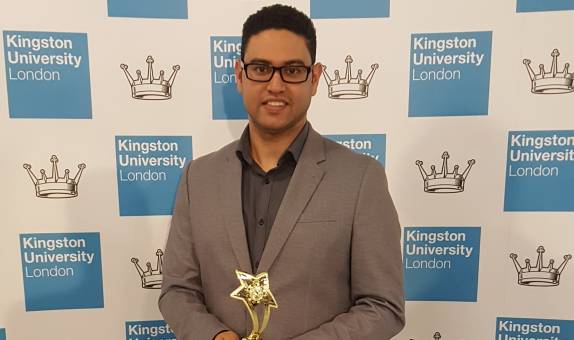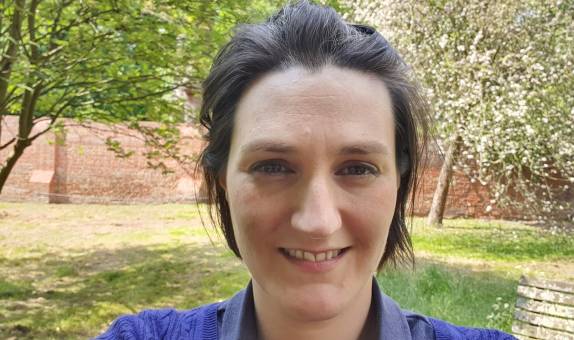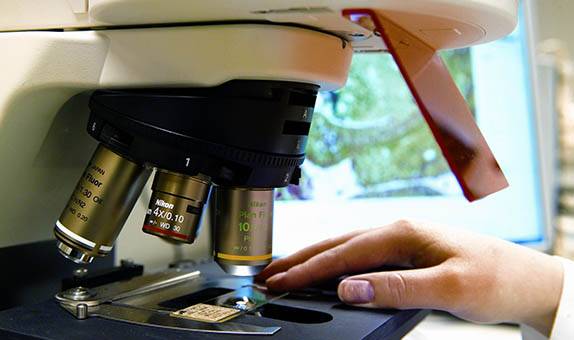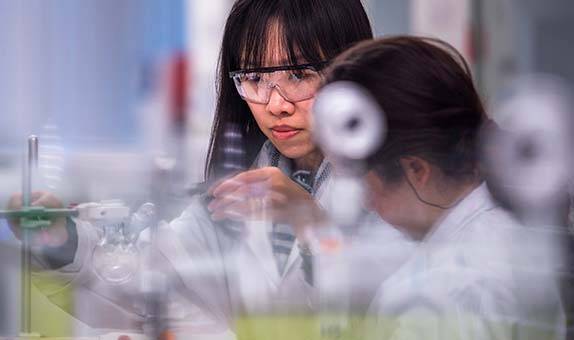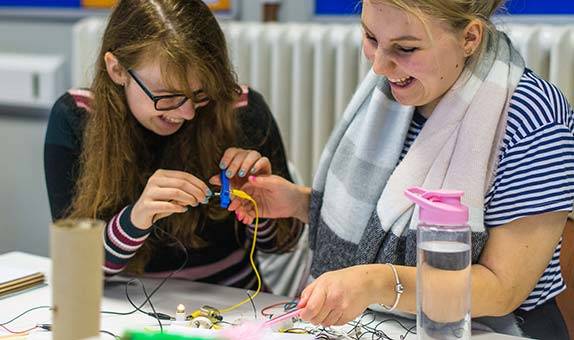Pharmaceutical Analysis MSc
Why choose this course?
This course offers key skills in pharmaceutical analysis, including measurement, scientific practice, evaluation and interpretation of data.
You will study recent trends in analytical science and techniques and be introduced to pharmaceutical technologies, such as formulations and clinical pharmacokinetics.
Through your research project, you will develop valuable research skills. Past projects have examined areas such as determining caffeine and its metabolites in human serum samples using GC-MS, and synthesis and use of compounds as probes for biochemical reactions.
Pharmaceutical Analysis MSc
| Mode | Duration | Attendance | Start date |
|---|---|---|---|
| Full time | 1 year | 2 days a week |
September 2024 January 2025 |
| Full time | 2 years including professional placement | 2 days a week plus placement year |
September 2024 January 2025 |
| Part time | 2 years | 1 day a week |
September 2024 January 2025 |
Pharmaceutical Analysis with Management Studies MSc
| Mode | Duration | Attendance | Start date |
|---|---|---|---|
| Full time | 1 year | 2 days a week, plus selected weekends for Management Studies pathway |
September 2024 January 2025 |
| Full time | 2 years including professional placement | 2 days a week, plus selected weekends for Management Studies pathway plus placement year |
September 2024 January 2025 |
| Part time | 2 years | 1 day a week, plus selected weekends for Management Studies pathway |
September 2024 January 2025 |
| Main location | Penrhyn Road |
Reasons to choose Kingston University
- You will gain hands-on experience of state-of-the-art equipment in our modern laboratories.
- Through an independent project you will be able to research an area of interest in depth, possibly at an industry placement or as collaborative research with other laboratories.
- The option of the Management Studies pathway is ideal if you aspire to a management role within the pharmaceutical and allied industries.
What you will study
You will gain key skills in the specialised area of pharmaceutical analysis, including good measurement and scientific practice, evaluation interpretation of data, and other professional and organisational skills. In addition to studying core analytical techniques and their applications, you will be introduced to various pharmaceutical technologies, for example, formulations and topics such as clinical pharmacokinetics.
You may be offered a placement within industry (depending on your results and project availability) where you will carry out your independent research project.
The Management Studies option enables you to explore the fundamentals of management theory within the commercial and public sectors.
For a student to go on placement they are required to pass every module first time with no reassessments. It is the responsibility of individual students to find a suitable paid placement. Students will be supported by our dedicated placement team in securing this opportunity.
Modules
Management Studies pathway modules
Core modules
Molecular and Atomic Spectroscopy
30 credits
This module introduces the main spectroscopic techniques used in industry such as UV/Vis, FTIR, Mass Spectrometry, NMR, AES, AAS and X -Ray methods. The module later progresses to the more advanced designs and applications such as MS/MS, FTMS, TOF, sector and quadrupole mass analysers, 2D NMR, LCMS, MALDI, Atomic Fluorescence and ICPMS/AES.
Separation Science
30 credits
This module introduces students to the principles and theory of separation science and its application in the laboratory including solvent extraction, high performance liquid chromatography, gas/liquid chromatography, centrifugation, gel and capillary electrophoresis and hyphenated techniques.
Pharmaceutical and Analytical Technology
30 credits
The module is intended to ensure that students are aware of the processes by which a drug is formulated into a medicine. It examines the effect that formulation decisions have on the safety, efficacy and quality of medicines, and on the pharmaceutical industry's business model. It includes the principles of pharmaceutical analysis and the application of pharmaceutical analytical techniques (both routine and non-routine) for the design, process- and quality-control of manufactured pharmaceuticals and process-intermediates. It is designed to enable students to review instrumentation choices when confronted with pharmaceutical issues and to select the appropriate tool(s). It also looks at the emerging quality assurance concepts of process analytical technology and quality by design.
Statistics and Quality Systems
30 credits
The module introduces students to the role of statistics and quality systems in modern analytical science. It demonstrates how a thorough understanding of statistical concepts, the analytical process and the quality systems and quality management paradigms collectively enable the consistent and reliable interpretation of analytical chemical data to support the economic requirements of a business organisation.
Project
60 credits
This module involves a research- or industry-based in-depth research project. You will develop your ability to critically evaluate your own work as well as the work of others, using analytical and laboratory skills.
On successful completion of the module, you will be able to:
- Prepare a realistic and coherent project proposal, formulate aims and objectives and plan your own time to achieve stated objectives.
- Critically evaluate the current literature.
- Carry out appropriate experiments in a safe manner (applying COSHH) and generate reliable, data suitably analysed, and apply appropriate statistical tests.
- Communicate the results of the project in a coherent report and in oral and visual manner.
Core modules
Separation Science
30 credits
This module introduces students to the principles and theory of separation science and its application in the laboratory including solvent extraction, high performance liquid chromatography, gas/liquid chromatography, centrifugation, gel and capillary electrophoresis and hyphenated techniques.
Pharmaceutical and Analytical Technology
30 credits
The module is intended to ensure that students are aware of the processes by which a drug is formulated into a medicine. It examines the effect that formulation decisions have on the safety, efficacy and quality of medicines, and on the pharmaceutical industry's business model. It includes the principles of pharmaceutical analysis and the application of pharmaceutical analytical techniques (both routine and non-routine) for the design, process- and quality-control of manufactured pharmaceuticals and process-intermediates. It is designed to enable students to review instrumentation choices when confronted with pharmaceutical issues and to select the appropriate tool(s). It also looks at the emerging quality assurance concepts of process analytical technology and quality by design.
Molecular and Atomic Spectroscopy
30 credits
This module introduces the main spectroscopic techniques used in industry such as UV/Vis, FTIR, Mass Spectrometry, NMR, AES, AAS and X -Ray methods. The module later progresses to the more advanced designs and applications such as MS/MS, FTMS, TOF, sector and quadrupole mass analysers, 2D NMR, LCMS, MALDI, Atomic Fluorescence and ICPMS/AES.
Business in Practice
30 credits
This postgraduate module covers the theory and practice of the business and management needs of students from different academic contexts such as, but not limited to Science, Engineering, Computing and Health Services who are aspiring team leaders, managers, and entrepreneurs in business within the context of the commercial, public, voluntary, or academic sector.
Students will investigate business topics ranging from finance, accounting, budgeting, and marketing, to organisational management by developing the leadership skills to meet business challenges and to cope with their complexity.
The module will explain and put into context business concepts to graduates from a variety of sectors including those encompassed by Science, Engineering, Computing and Health Services.
Project
60 credits
This module involves a research- or industry-based in-depth research project. You will develop your ability to critically evaluate your own work as well as the work of others, using analytical and laboratory skills.
On successful completion of the module, you will be able to:
- Prepare a realistic and coherent project proposal, formulate aims and objectives and plan your own time to achieve stated objectives.
- Critically evaluate the current literature.
- Carry out appropriate experiments in a safe manner (applying COSHH) and generate reliable, data suitably analysed, and apply appropriate statistical tests.
- Communicate the results of the project in a coherent report and in oral and visual manner.
Professional Placement
120 credits
The Professional Placement module is a core module if you're following a masters programme that incorporates an extended professional placement. It provides you with the opportunity to apply your knowledge and skills in an appropriate working environment, and develops and enhances key employability and subject specific skills in your chosen discipline. You may wish to use the placement experience as a platform for a major project or your future career.
It is your responsibility to find and secure a suitable placement opportunity; this should not normally involve more than two placements which must be completed over a minimum period of 10 months and within a maximum of 12 months. The placement must be approved by your Course Leader prior to commencement to ensure its suitability. You will have access to the standard placement preparation activities offered by the Student Engagement and Enhancement (SEE) group.
Read more about the postgraduate work placement scheme.
Work placement scheme
Many postgraduate courses at Kingston University allow students to take the option of a 12-month work placement as part of their course. Although the University supports students in finding a placement and organises events to meet potential employers, the responsibility for finding the work placement is with the student; we cannot guarantee the placement, just the opportunity to undertake it. You may find securing a professional placement difficult as they are highly competitive and challenging, but they are also incredibly rewarding. It is very important to prepare and apply yourself if this is the route you wish to take. Employers look for great written and oral communication skills and an excellent CV/portfolio. As the work placement is an assessed part of the course, it is covered by a student's Student Route visa.
Find out more about the postgraduate work placement scheme.
Entry requirements
Teaching and assessment
Who teaches this course?
This course is delivered by the School of Life Sciences, Pharmacy and Chemistry.
The School of Life Sciences, Pharmacy and Chemistry offers an outstanding and diverse portfolio of undergraduate and postgraduate programmes in biological and biomedical sciences, chemistry, forensic science, pharmacy, pharmacological and pharmaceutical sciences, and sport science and nutrition.
We've invested heavily in the development of new facilities including laboratories for teaching and research to provide students with access to ultra-modern equipment in a wide range of teaching facilities.
Postgraduate students may run or assist in lab sessions and may also contribute to the teaching of seminars under the supervision of the module leader.
Facilities
Our modern teaching environment
There is a wide range of facilities for practical work at our Penrhyn Road campus, where this course is based. You will have access to a modern environment with the latest equipment, including:
- the £9.8 million Eadweard Muybridge building with state-of the art laboratories, including labs dedicated to pharmaceutical science;
- new work areas and dedicated laboratories for research;
- specialist equipment, such as:
- gas and liquid chromatography;
- electron microscopy;
- a range of spectrometers, including mass spectrometers, infrared spectrometers and nuclear magnetic resonance spectrometers;
- nuclear science equipment;
- thermal analysis;
- x-ray diffractometers;
- electrochemical analysis; and
- computing laboratories and a team of IT technicians to offer assistance.
The library offers:
- subject libraries, plus a free inter-library loan scheme to other libraries in the Greater London area;
- online database subscriptions; and
- a growing selection of resource materials.
Fees for this course
Additional costs
Depending on the programme of study, there may be extra costs that are not covered by tuition fees which students will need to consider when planning their studies. Tuition fees cover the cost of your teaching, assessment and operating University facilities such as the library, access to shared IT equipment and other support services. Accommodation and living costs are not included in our fees.
Where a course has additional expenses, we make every effort to highlight them. These may include optional field trips, materials (e.g. art, design, engineering), security checks such as DBS, uniforms, specialist clothing or professional memberships.
After you graduate
Graduates have gone on to work in a variety of industries, including in the public sector. Graduates work in areas such as quality control, ensuring products meet required standards, or in medicinal chemistry or drug discovery. Other relevant roles include teaching, PhD research, sales and marketing, and in managerial positions.
What our students say
How we work with industry partners
Our links with industry provide a practical base for our courses. They also help us to ensure your studies are kept up-to-date and relevant to the working environment.
If you choose to study this course, you will benefit from:
- real-world experience through your MSc project, which you can undertake either:
- in industry – past students have taken placements in the pharmaceutical industry, forensic labs, analytical consultancies, hospital labs and research labs; or
- as collaborative research with other laboratories;
- the latest views from visiting speakers – such as Vicki Barwick from LGC (an independent chemical analysis lab) and Stephen Paton from global pharmaceutical company Ely Lilley
- industry visits – such as to Cancer Research UK or the Clinical Trials Laboratories Service.
Current research in this subject
Many of our staff in the Faculty are research active. This ensures they are in touch with the latest thinking and bring best practice to your studies.
Research in the Faculty is organised into several research areas, including the following themes:
- parasitology and microbiology;
- haematology/immunology/cancer biology;
- biomedical, pharmaceutical and instrumental analyses;
- medicinal and pharmaceutical chemistry;
- clinical pharmacy and advanced drug delivery; and
- nutrition/exercise and sports science.
Course changes and regulations
The information on this page reflects the currently intended course structure and module details. To improve your student experience and the quality of your degree, we may review and change the material information of this course. Course changes explained.
Programme Specifications for the course are published ahead of each academic year.
Regulations governing this course can be found on our website.
